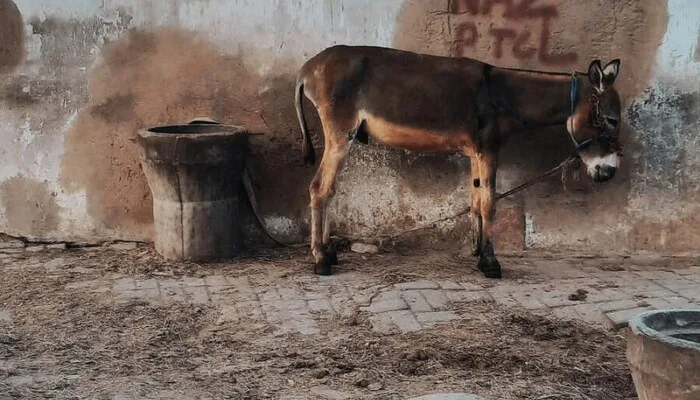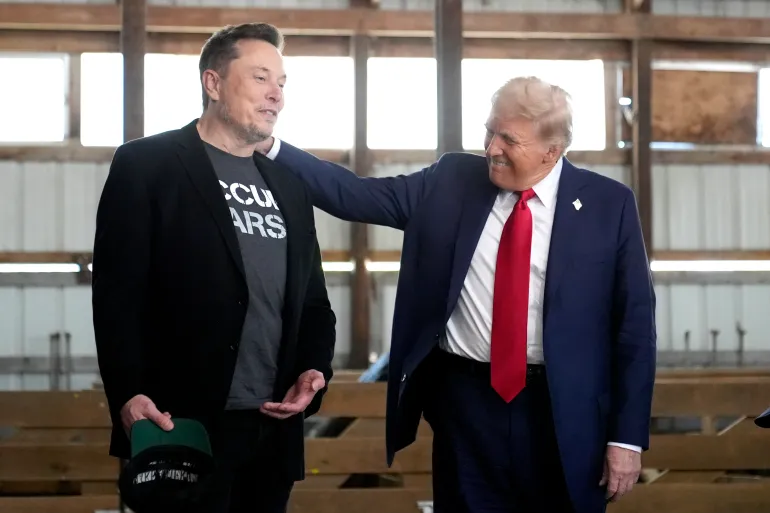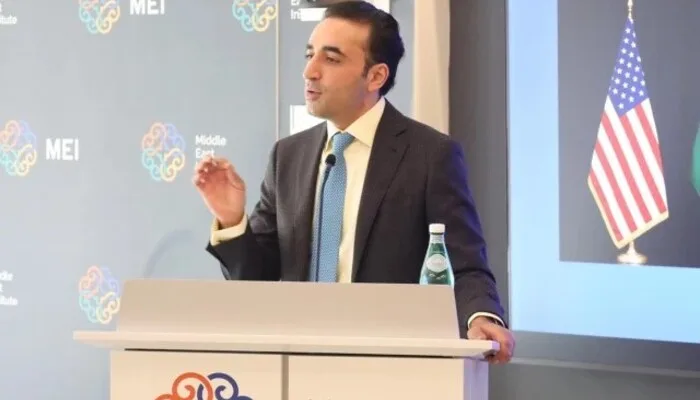
Pakistan has found itself at the center of a rising donkey skin trade, driven by China’s booming demand for ejiao, a traditional medicine made from donkey hides. With African countries restricting exports, China has turned to Pakistan to meet its growing need—threatening the livelihood of local donkey owners and the welfare of animals.
Survival Tied to a Donkey
For workers like Gulzar, a donkey is essential for survival. He hauls heavy iron loads across Karachi, earning just enough to feed his 14-member family. Half his daily income of Rs1,200 to Rs1,600 goes toward the animal’s care. Yet rising prices and high mortality rates have made donkeys harder to afford and sustain. “Even if we buy one for Rs200,000, it might not live long enough to repay the cost,” he lamented.
Soaring Prices, Shrinking Supply
Donkey prices in Pakistan have surged as high as Rs300,000 in recent months. Domestic supply struggles to keep up with local demand, let alone international interest. With 5.9 million donkeys, Pakistan ranks third globally after Ethiopia and Sudan. But increasing Chinese interest in donkey skins has inflated prices and strained availability for local laborers.
Read: Israel Halts Food Distribution Across Gaza Amid Worsening Starvation
The Ejiao Boom
Ejiao, used for treating blood deficiency syndrome, especially in women, is highly prized in China. Research shows it improves immune function and blood cell production. As China’s middle class grows, so does ejiao demand. Production jumped from 3,200 tonnes in 2013 to over 14,000 tonnes in recent years.
China Looks to Pakistan
With China’s donkey population declining by 80% since 1990, it now imports hides globally. In April 2025, a Chinese delegation expressed interest in setting up donkey farms in Pakistan. While Pakistan welcomed investment, it stressed the need to protect its local donkey population.
Animal Welfare Concerns
Experts warn that mass slaughter for ejiao raises ethical and health risks. Past outbreaks like equine influenza and zoonotic diseases highlight the dangers of the global donkey skin trade. Animal welfare groups urge stronger regulations to avoid environmental and public health crises.
Follow us on Google News, Instagram, YouTube, Facebook,Whats App, and TikTok for latest updates












